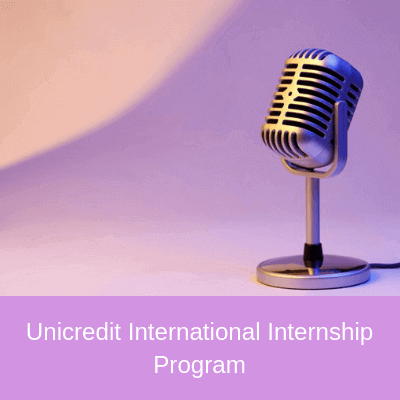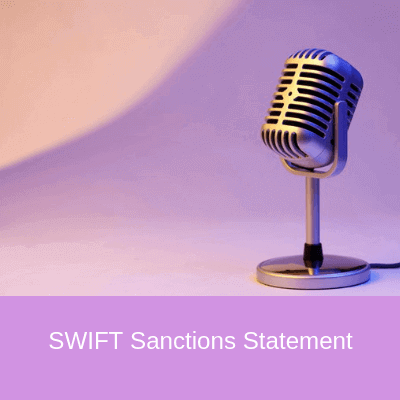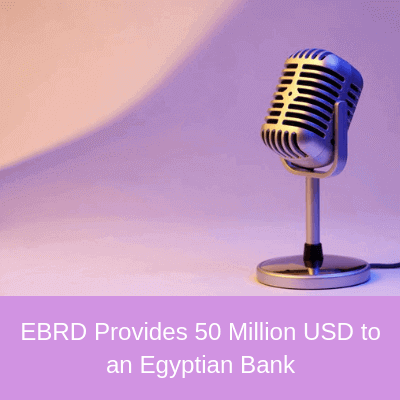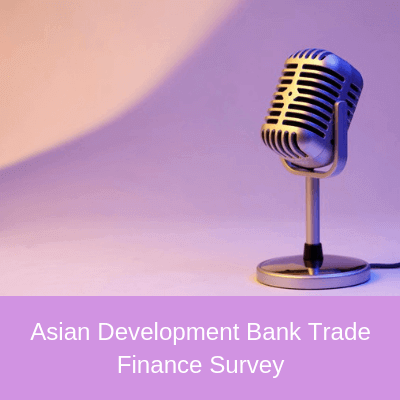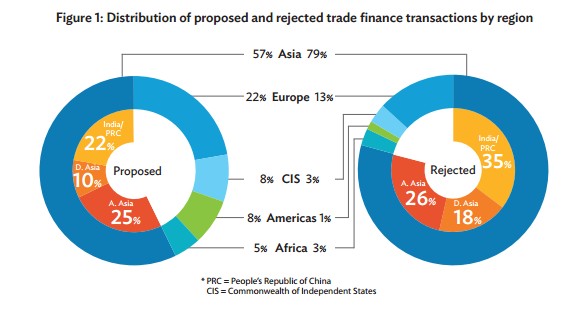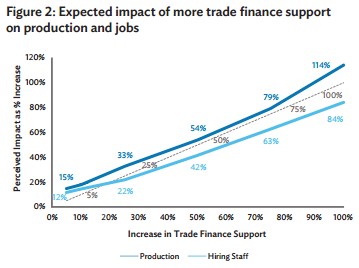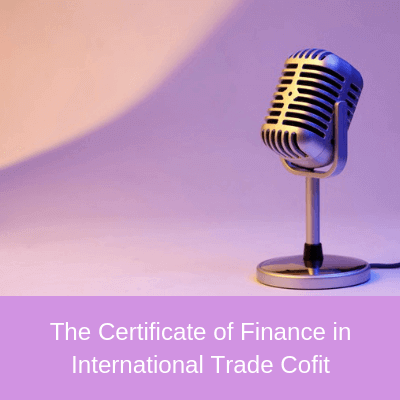Published on 29 September 2014 – MT 798 is a special message types created by Swift for non-bank corporates.
Non-bank corporates can connect to the Swift system via MT 798 message types.
MT 798 is an authenticated message used to exchange trade data between corporates and member banks of the SWIFT system.
The MT 798 message allows corporates to make trade finance transactions by online means such as:
- Import Letters of Credit Application and Amendment Requests
- Receiving Export Letters of Credit Advises
- Guarantees/Standby Letters of Credit Application and Amendment Requests
Bolero Collaborates with Banks on MT 798
Bolero International has announced formal support for the SWIFT MT798 corporate-to-bank message set from the Bolero network.
The development is in response to requests from some of the 80-plus banks it works with to simplify back office integration for bank-to-corporate messaging.
Announcing the move at the SIBOS 2014 conference in Boston, Massachusetts, Bolero CEO Ian Kerr said:
“Support for the MT 798 was an obvious step in Bolero’s vision to moving to truly electronic international trade. This announcement demonstrates our pledge to simplifying connectivity for our banking partners. Bolero’s commitment to develop a digitized trade ecosystem is based on the vision of a fair exchange of value between all participants on the Bolero network, regardless of whether they are a bank, corporate or logistics provider.”
Bolero operates a secure, open trade-messaging platform that provides support across all trade settlement types for the exchange of documents and data.
This latest announcement deepens its longstanding commitment to provide support for multiple message types and standards across its open network, including the DTA format in Germany/Central Europe and, most recently, integration into shipping portals to provide seamless electronic Bill of Lading support.
“The Bolero vision has always stated that genuine, large-scale migration to electronic trade on an international basis will only come by developing an interoperable, multi-format network, with access via proprietary or third-party applications,” added Kerr. “I am delighted to say that support for SWIFT MT 798 is a further step towards this reality.”
Bolero has also announced that it is entering the SWIFT Partner Programme to further strengthen the relationship between the two organisations.
About Bolero
Bolero is a cloud-based platform which provides a different way to implement multi-party trade documentation solutions.
Unlike traditional point to point approaches which are costly, complex and uncertain, Bolero’s cloud architecture ensures fast deployment, ease of use and global access together with no infrastructure costs. Users benefit from accelerated time to cash, reduced costs, greater control and visibility and operational efficiencies.



